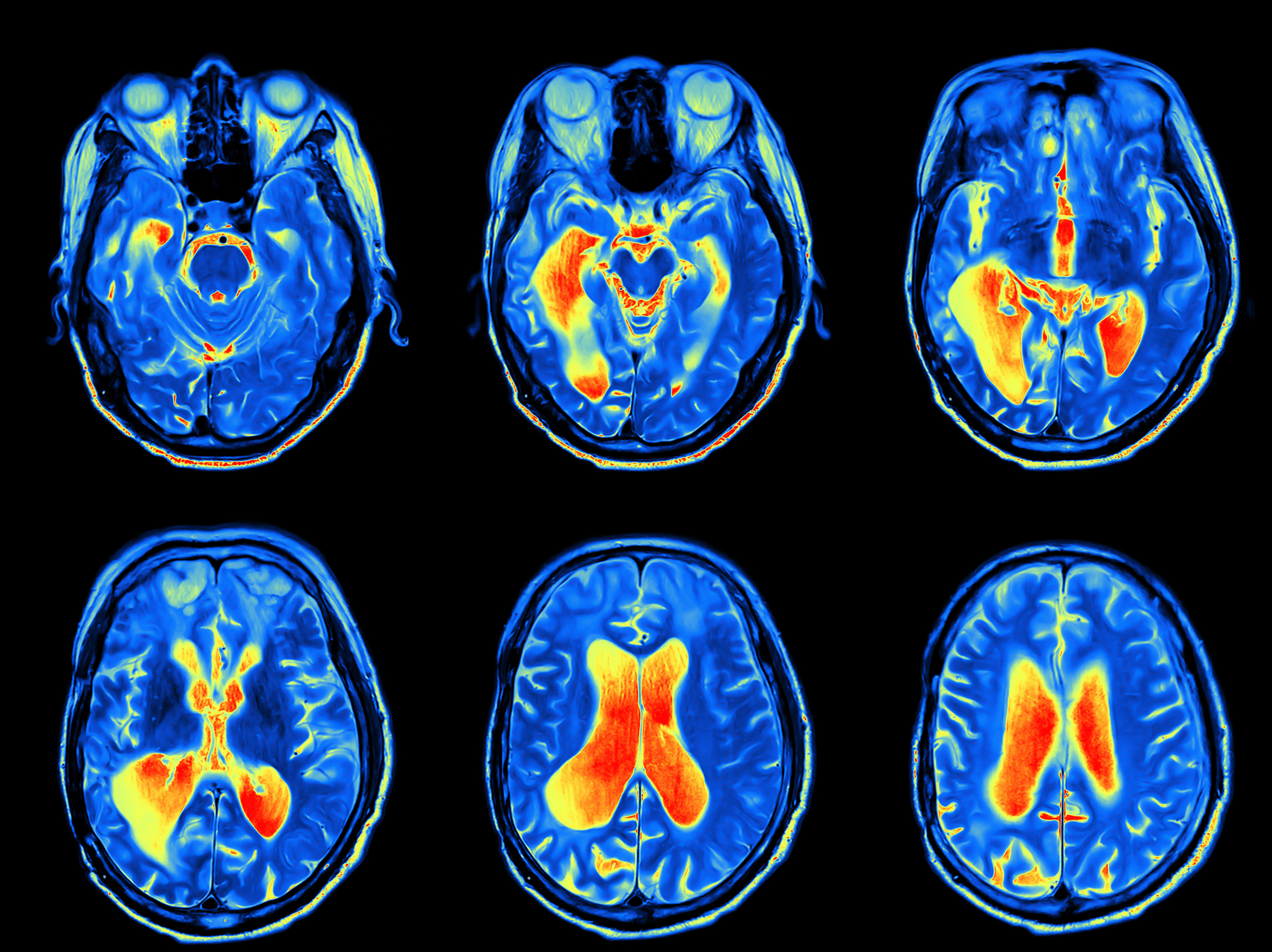There has long been an established link between Diabetes and Alzheimer’s disease among the research community but for the first time scientists have found a connection between brain glucose levels and the severity of A.D.
A study, published in the November 6, 2017 issue of Alzheimer’s & Dementia: the Journal of the Alzheimer’s Association and funded by the National Institute on Aging, looked at the brain tissue during autopsy of participants in the Baltimore Longitudinal Study of Aging. The human aging study tracked the neurological, physical and psychological data of participants over a long period of time, often decades.
According to a NIA News Release, researchers measured glucose levels in various regions of the brain and discovered the greater the abnormalities in glycolysis, the brain’s process for breaking down glucose, the more severe the symptoms of Alzheimer’s disease were during the patient’s life and the more severe the pathology of Alzheimer’s. Those with high brain glucose levels and lower rates of glycolysis exhibited more severe amyloid plaques and tangles in the brain that are associated with the disease.
The brain, with an abundance of neurons, uses about half of the all the glucose energy in the body and brain function is closely linked with sugar levels. And while the brain depends on sugar for fuel, too much glucose can lead to cognitive problems and a functional decline.
According to the Alzheimer’s Association, one in 10 people over the age of 65 have Alzheimer’s dementia and with a rapidly aging population, the number of Americans living with the disease is expected to rise to 16 million by 2050. Research like this study could one day lead to targeted prevention and treatment options that could help the brain compensate for glycolysis abnormalities found in Alzheimer’s patients.
To learn more about the role glucose plays in dementia, follow this link to Science Daily.






Add Your Voice
0 Comments
Join the Discussion